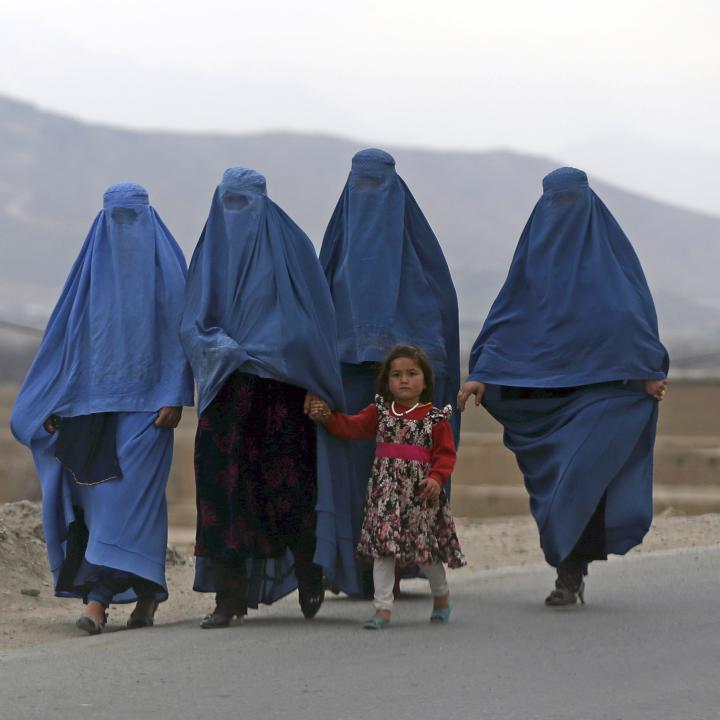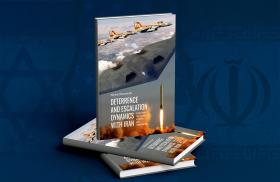
- Policy Analysis
- Articles & Op-Eds
Repeating the Past or Following Precedent? Contextualising the Taliban 2.0’s Governance of Women
Jan 12, 2023
Also available in
Also published in International Centre for Counter-Terrorism





